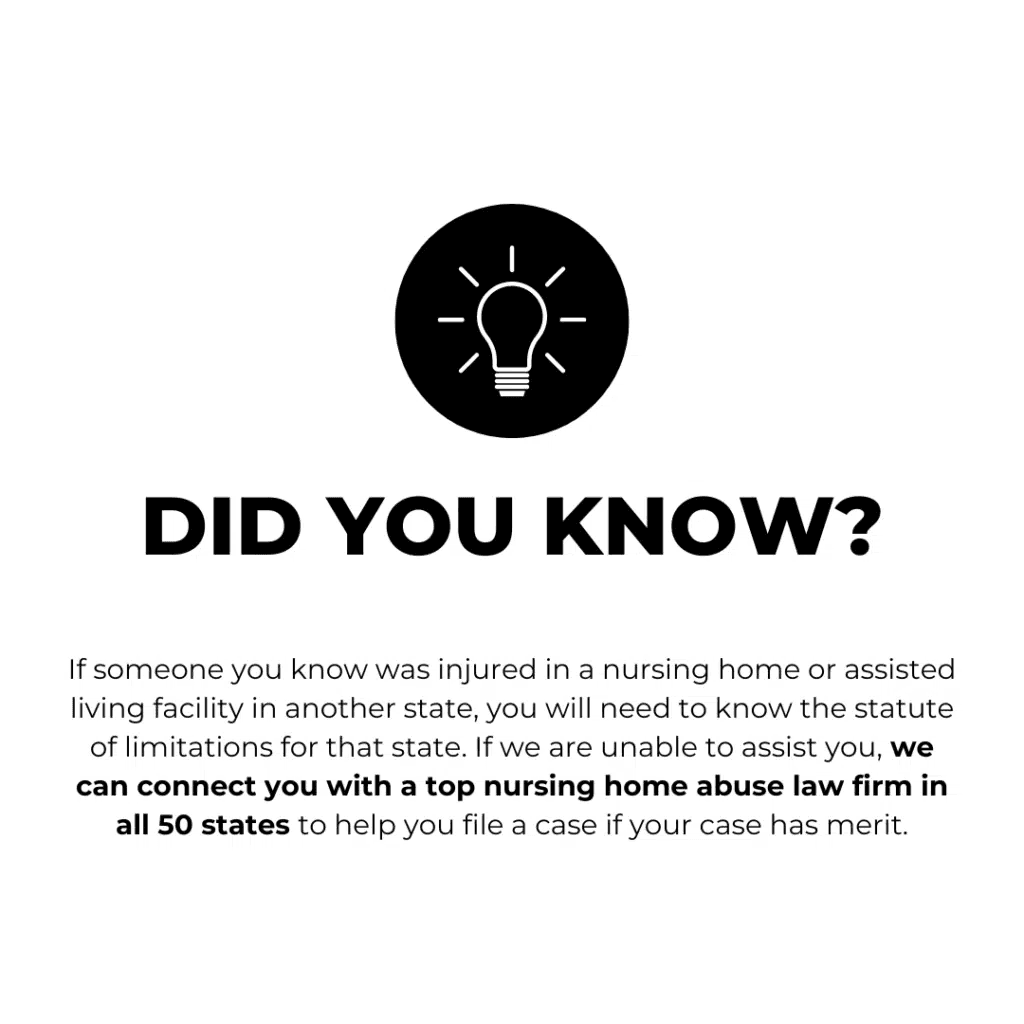
Nursing home abuse and neglect put vulnerable residents at serious risk, leading to malnutrition, dehydration, infections, and preventable injuries. When facilities fail to provide adequate care, residents suffer, and families are left feeling helpless. Lack of supervision, improper medical treatment, and unsafe conditions can result in devastating harm. Understanding the warning signs, knowing your legal rights, and holding negligent facilities accountable are crucial steps in protecting your loved ones. Learn how to take action and seek justice.
November 5, 2024
3 min
Navigating the complexities of nursing home care can be challenging, especially when disputes arise with the administration. Whether it’s regarding the quality of care, billing issues, restrictive visitation policies, inadequate staffing, or concerns over the health and safety of residents, these conflicts can be emotionally and mentally taxing for families. Knowing how to effectively address and resolve these disputes is crucial to ensuring that your loved one receives the best possible care. At Michael Hill Trial Law, we specialize in advocating for residents and their families in cases of nursing home neglect and abuse. Here are some comprehensive steps to help you handle disputes with nursing home administration.
Thorough documentation is essential in resolving any dispute. Accurate records provide a clear picture of the situation and can be invaluable if the issue escalates. Here are key aspects to document:
Thorough documentation not only strengthens your case, but also demonstrates your commitment to resolving the issue professionally.
Effective communication is vital in addressing disputes. Approach the administration with a clear and calm demeanor. Here’s how to ensure your communication is productive:
Clear and calm communication can often lead to a quicker resolution, avoiding the need for further escalation.
Residents of nursing homes have specific rights protected by federal and state laws. Familiarizing yourself with these rights is crucial. Key rights include:
Understanding these rights empowers you to advocate effectively for your loved one. If you’re unsure about specific rights, consulting with a legal professional specializing in elder law can provide clarity.
Addressing your concerns through the proper channels within the nursing home is important. Here’s how to effectively follow the chain of command:
Following the chain of command shows your willingness to resolve the issue through proper channels and ensures that all relevant parties are aware of the problem.
If internal attempts to resolve the dispute are unsuccessful, consider filing a formal complaint with the relevant regulatory agency. Here’s how to go about this:
Filing a formal complaint can initiate an investigation into the nursing home and potentially lead to corrective actions.

When disputes remain unresolved or if you believe that your loved one is a victim or neglect or abuse, seeking legal assistance is often necessary. Here’s how a specialized attorney can help:
At Michael Hill Trial Law, we have extensive experience in handling nursing home neglect and abuse cases. Our dedicated team is committed to advocating for your loved one’s rights and ensuring they receive the care they deserve.
In some cases, it may be necessary to explore alternative care options. This could involve transferring your loved one to a different facility that better meets their needs and provides a safer and more supportive environment. Here’s how to go about this:
Handling disputes with nursing home facilities requires patience, persistence, and a clear understanding of the rights and protections afforded to residents. By documenting issues, communicating effectively, and seeking legal guidance when necessary, you can advocate for the best possible care for your loved one.
Michael Hill is a nationally recognized attorney who handles exclusively cases against long term care facilities. Michael and his firm, Michael Hill Trial Law, are headquartered in Cleveland, Ohio but handle cases across the country.
Disclaimer: This information is provided for informational purposes only. Nothing in this article should be construed as providing legal advice or the creation of an attorney client relationship. Laws are updated frequently and change from state to state. If you desire legal advice, you can contact Michael Hill Trial Law at www.protectseniors.com, send an email to info@protectseniors.com, call (800) 659-2712 to begin an investigation, or contact another attorney.